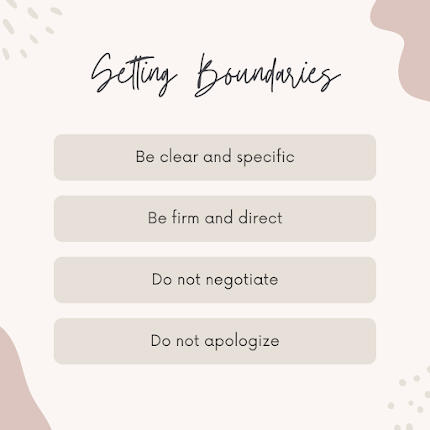The Power of Self-Acceptance

In a world that often bombards us with unrealistic standards of beauty, success, and perfection, the journey towards self-acceptance can be a challenging but immensely rewarding one. Embracing who you truly are, flaws and all, is a transformative act of self-love that can lead to greater happiness, inner peace, and fulfillment. Self-acceptance is about recognizing and embracing all aspects of yourself, both the positive and the negative. It means acknowledging your strengths, weaknesses, quirks, and imperfections without judgment or self-criticism. It is about understanding that you are a unique individual with your own set of experiences, values, and beliefs that make you who you are. One of the key aspects of self-acceptance is letting go of the need for external validation and approval. Instead of seeking validation from others, true self-acceptance comes from within. It involves cultivating a deep sense of self-worth and self-respect that is not dependent on the opinion...


